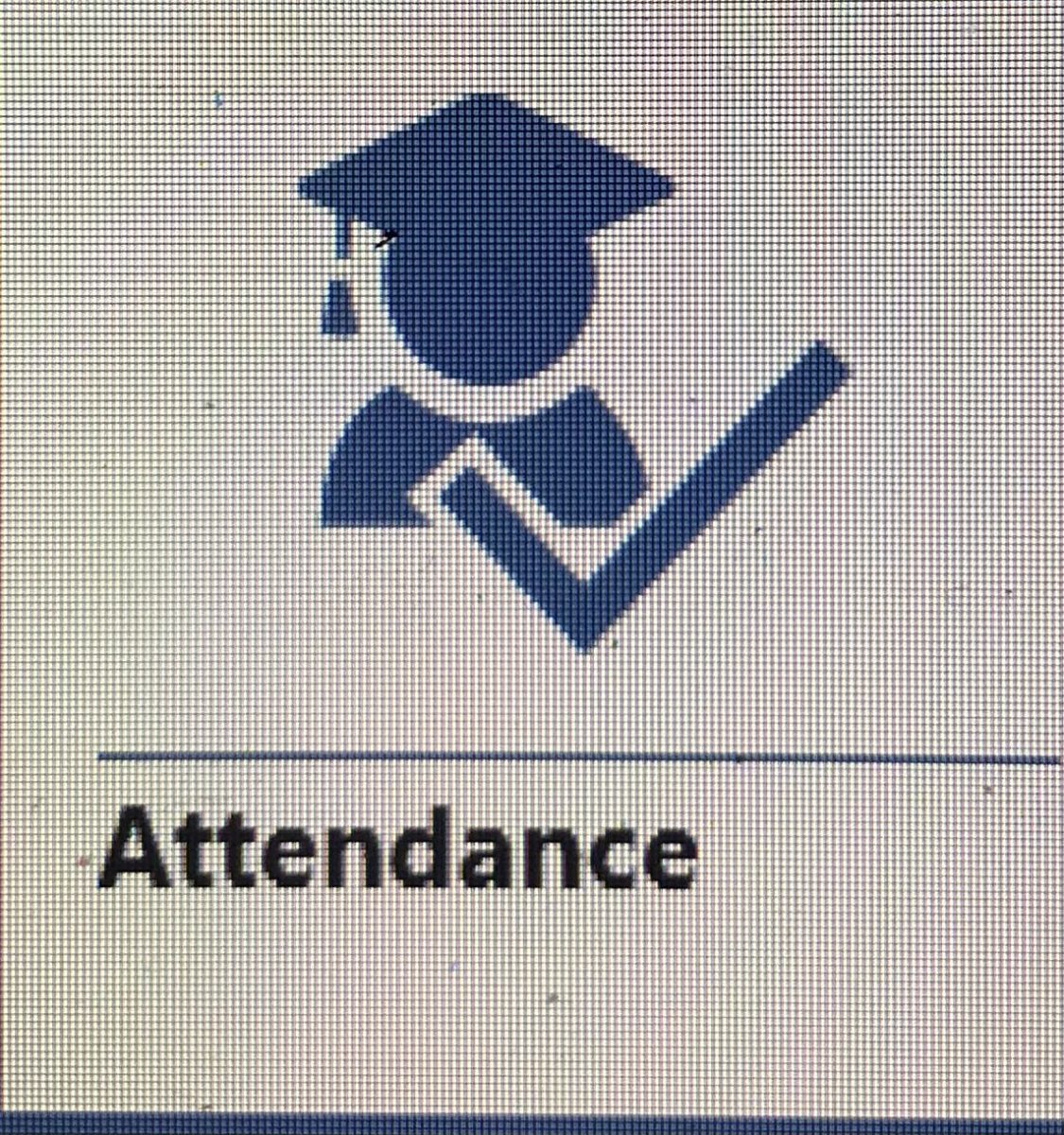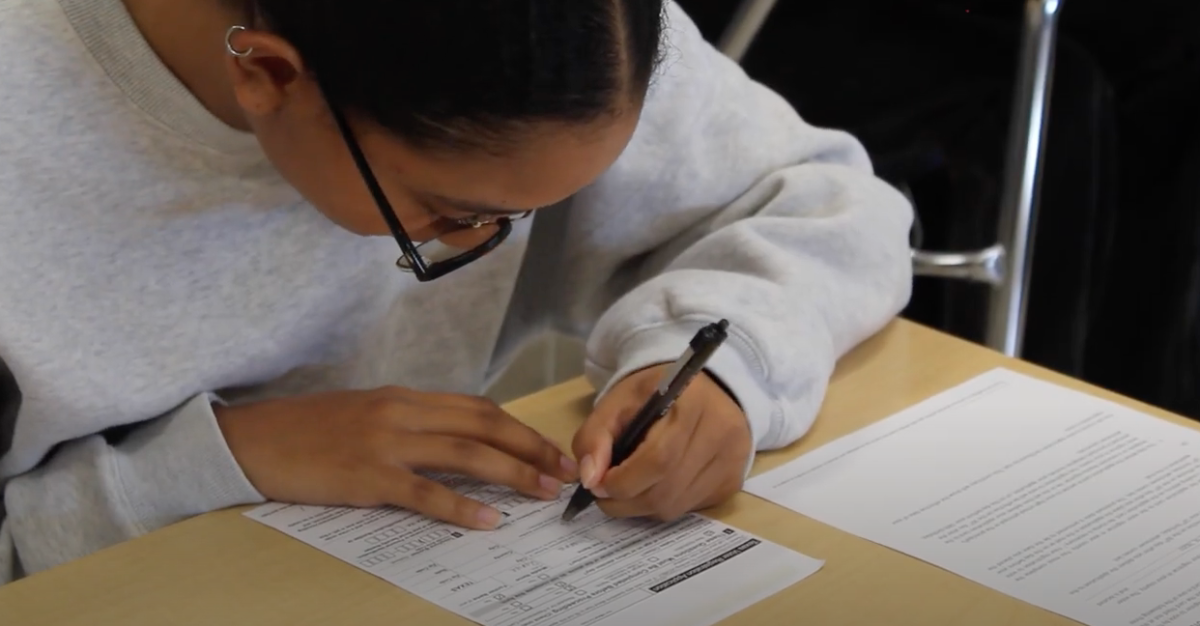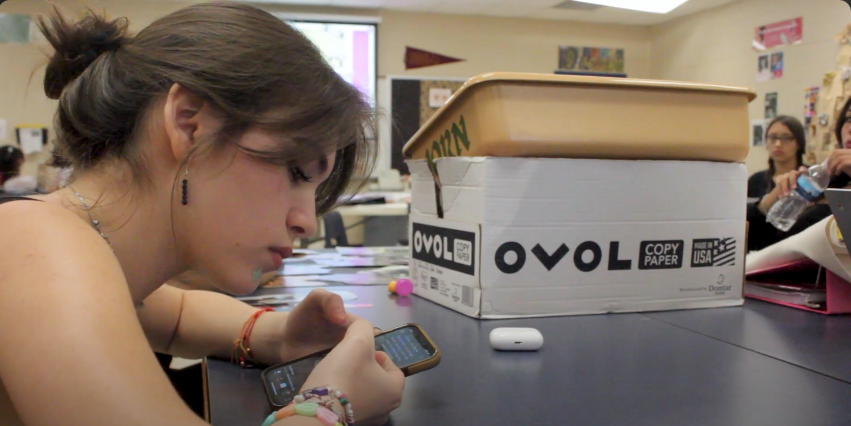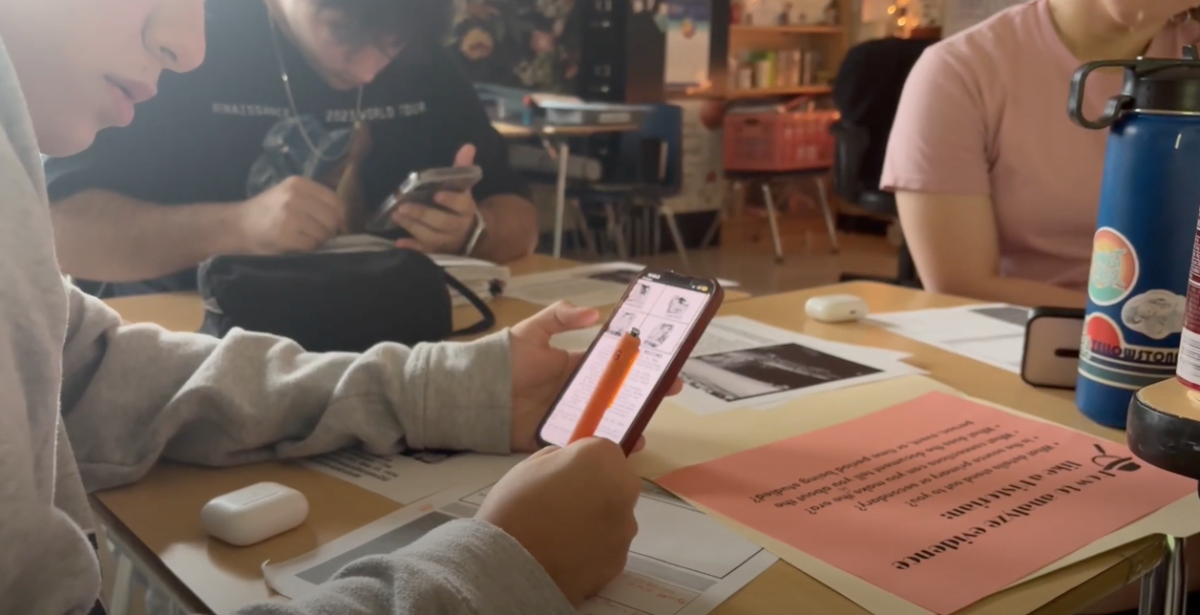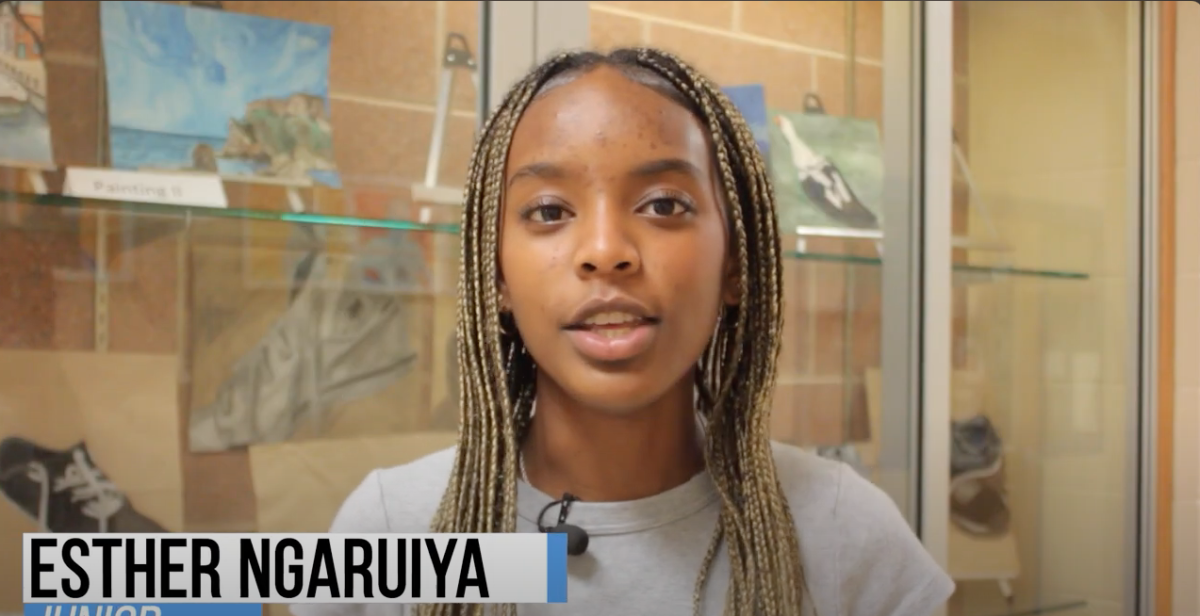by Maddy Lingk | Editor-in-Chief
A new state law means students who are caught on school grounds with any vape device must now be sent to an alternative campus.

In the past, devices that were not THC were dealt with at an in-school suspension level and only THC vapes required placement in an alternative school, also known as a DAEP. Additionally, students should be aware that vaping on campus or within the school’s 300 ft boundary can lead to a police report.
“So THC is considered a felony controlled substance. So it is written up with the police, that goes to the DEA for Bexar County, and then they make their decision on how far they pursue it,” principal Gary Comalander said.
According to Comalander, at this time his understanding is that nicotine devices will result in a misdemeanor report, but that means they will also involve police involvement. So when students are initially caught, there are a couple of steps they can expect.
“An investigation always takes place, you know, between what happened and witnesses and all that. There’s a meeting with the principal itself, then they would have a meeting with the hearing officer pupil personnel, and it’s determined whether or not the offense did occur, and whether or not the mandatory placement goes through,” Comalander said. “If it does, then the student goes in and enrolls that alternative, and they complete their days. Once they’ve completed their days, then they’re allowed to come back to school.”
Moreover, some school districts have concerns about capacity issues for DAEPs with the expected influx of students sent for vaping.
“It [The device] can be empty, and it’s still illegal to have on campus. So they would get [the same treatment] but that number can weigh into it. Because if it starts dealing with distribution, selling, then the idea is a much more severe consequence, and possible expulsion,” Comalander said.
The type of vape can drastically affect a student’s time at an alternative school. For nicotine devices and other varieties without THC, students can expect to start with a 15 day placement.
“Most of the devices look different for a nicotine vape compared to a THC vape. But for the most part…there’s a lot of similarities. The difference is if [they] test positive for THC, then that’s going to involve a recommendation for 45 day placement on the first time,” Comalander said.
If a student is found vaping after already being sent to alternative school, they can expect an increase in time at the program or possible expulsion. The program itself operates differently from what most students are used to.
“You basically go with nothing on you, all your work is there. They provide it. So those are kind of the two biggies there. Their school day is a little different, in the sense that they don’t follow the same timeframe as us [when] they go to their classes,” Comalander said. “Some of the classes are taught by teachers there, some of the classes are taught by Campus Connect where they get the information off of Google Classroom from the teacher at their home school.”
As long as the student stays within NEISD, their transcript will not show their time in alternative school. However, colleges or any scholarship funding can inquire about it.
The administration wants students and parents to know that they can report a violation using the NEISD Tip Line, which can be found on the campus website.
“Please share with an adult. You can do it anonymously through the tip line,” Comalander said. “You can do it just going by and telling a teacher or administrator, ‘Hey, you know, keep an eye out for that room, or that restroom and we’ll take care of it from there.’”







